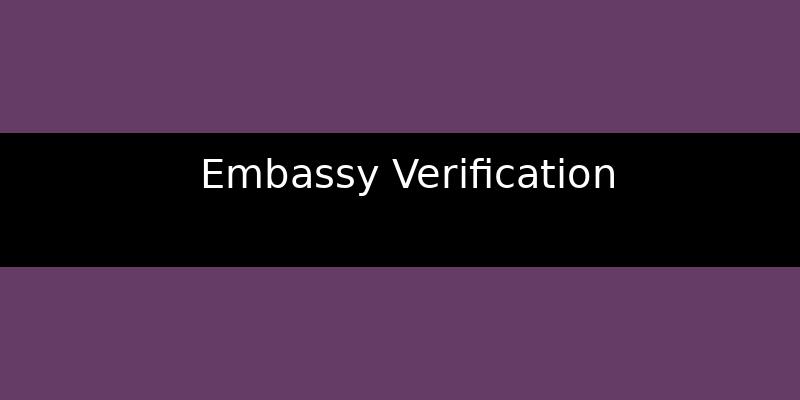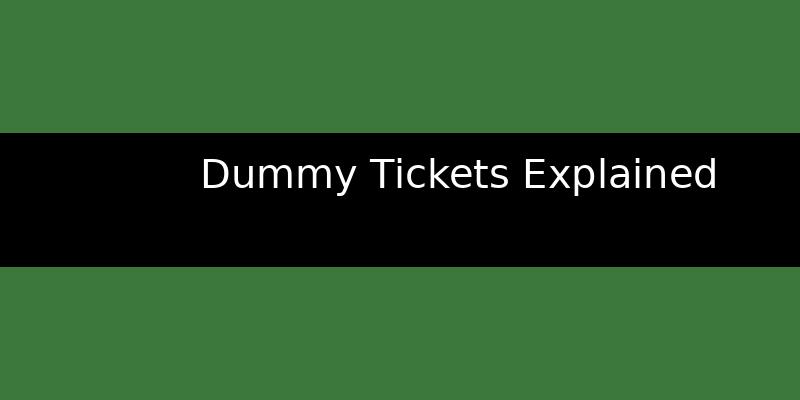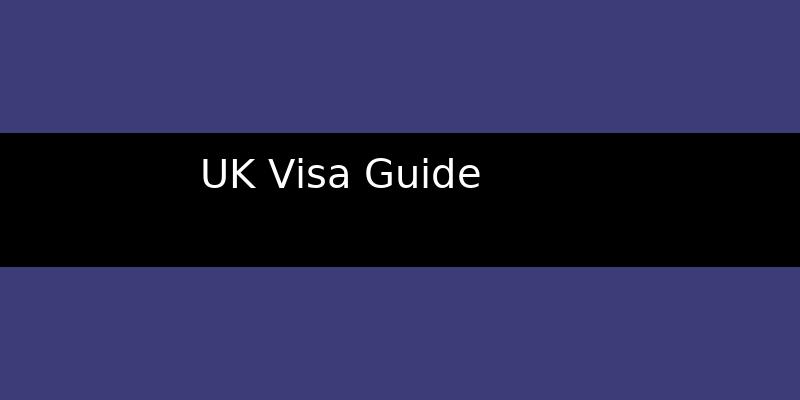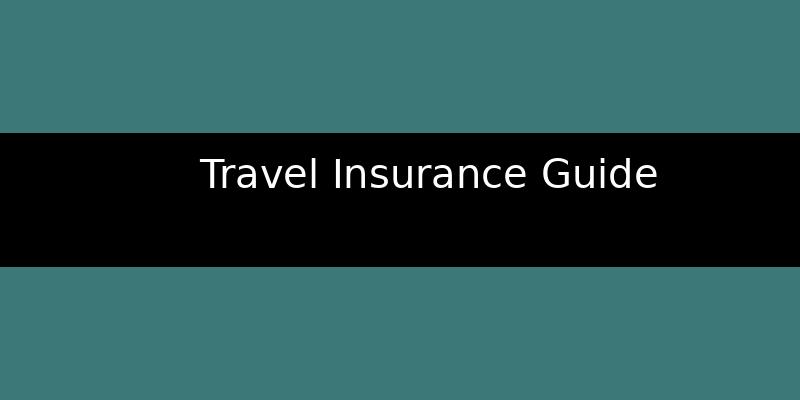When applying for a visa, one of the most common questions travelers ask is: "Do embassies actually verify flight tickets and hotel bookings?" Understanding how embassies check your travel documents can help you prepare a successful visa application and avoid potential issues.
How Embassies Verify Travel Documents
Embassies and consulates have several methods to verify the travel documents you submit with your visa application. The level of scrutiny varies by country, embassy workload, and sometimes even the individual visa officer handling your case.
1. Booking Reference Verification
Many embassies verify flight tickets by checking the booking reference or PNR (Passenger Name Record) in airline reservation systems. This is the most common verification method and can be done quickly during application processing.
When an embassy checks a booking reference:
- They can confirm if the reservation actually exists
- They can see passenger details, flight numbers, and dates
- They can verify if the ticket is paid or just reserved
- They can check if the reservation is still active
2. Direct Contact with Airlines or Hotels
In some cases, especially for high-risk applicants or random checks, embassy staff may directly contact airlines or hotels to verify bookings. This is less common but does happen, particularly for:
- Applications from countries with high visa rejection rates
- Cases where fraud is suspected
- Applicants with previous immigration issues
3. Email Verification
Some embassies may email the airline or hotel using the contact information on your booking confirmation to verify its authenticity. This method is becoming increasingly common as it's efficient and reliable.
4. Visual Inspection
Visa officers are trained to spot fake or manipulated documents. They check for:
- Consistent formatting and branding
- Proper airline/hotel contact information
- Correct flight numbers and routes
- Realistic pricing
- Appropriate booking dates
Verification Frequency: How Often Do They Check?
Not every document submitted with every application is verified. Embassies typically use a combination of:
Random Checks
Many embassies randomly select a percentage of applications for thorough verification. This approach is resource-efficient while still deterring fraud.
Risk-Based Verification
Applications from countries with high rates of visa fraud or overstay may face more rigorous checks. Similarly, if anything in your application raises a red flag, your documents are more likely to be verified.
Verification by Embassy
Verification practices vary significantly between different countries' embassies:
Schengen Visa Applications
Schengen countries (like France, Germany, Italy, etc.) are known to verify travel documents more frequently. They often check booking references in airline systems and may contact hotels directly.
UK Visa Applications
UK visa officers regularly verify suspicious documents and conduct random checks. They have sophisticated fraud detection methods and may contact service providers directly.
US Visa Applications
US embassies focus more on the interview and applicant's ties to their home country rather than document verification. However, they do conduct random checks and have strict penalties for fraudulent documents.
Canadian Visa Applications
Canadian visa officers frequently verify documents, especially for high-risk applicants. They may check booking references and contact hotels directly.
Australian Visa Applications
Australian embassies have robust verification processes and may check documents thoroughly, particularly for applicants from high-risk regions.
Why Verifiable Dummy Tickets Are Essential
Given that embassies do verify travel documents, using verifiable dummy tickets is crucial for visa applications. Here's why:
1. They Pass Verification Checks
Quality dummy tickets contain actual booking references that can be verified in airline or hotel systems. If an embassy checks, they'll see a legitimate reservation.
2. They Protect You Financially
Using verifiable dummy tickets means you don't have to pay for actual flights or hotels before your visa is approved, saving you from potential cancellation fees or non-refundable bookings if your visa is denied.
3. They Provide Peace of Mind
Knowing your documents will pass verification checks reduces stress during the visa application process. You can confidently submit your application without worrying about document rejection.
Red Flags That Trigger Verification
Certain aspects of your application may increase the likelihood of document verification:
Inconsistencies in Your Application
If travel dates on your flight ticket don't match the dates mentioned in your cover letter or visa application form, this will likely trigger verification.
Unusual Travel Routes
Illogical or unnecessarily complex travel routes may raise suspicions and lead to document verification.
Unrealistic Pricing
If your flight ticket shows an unusually low price for a particular route and season, visa officers may question its authenticity.
Previous Visa Rejections
Applicants with previous visa rejections often face more scrutiny, including thorough document verification.
What Happens If Your Documents Fail Verification?
If an embassy discovers that your travel documents are fake or cannot be verified:
Immediate Visa Rejection
Your visa application will almost certainly be rejected if your documents fail verification.
Future Application Impact
A record of document fraud can severely impact your ability to obtain visas for that country and potentially others in the future.
Potential Ban
In serious cases, you might face a temporary or permanent ban from applying for visas to that country.
Best Practices for Visa Applications
To ensure your visa application proceeds smoothly:
1. Use Verifiable Dummy Tickets
Always use dummy tickets that contain legitimate booking references that can be verified if checked by embassy officials.
2. Ensure Consistency
Make sure all dates, destinations, and personal information are consistent across all your application documents.
3. Be Honest in Interviews
If asked about your travel documents during a visa interview, be honest about using dummy tickets. Explain that you plan to purchase actual tickets once your visa is approved, which is a reasonable and common practice.
4. Keep Documentation
Save all correspondence related to your dummy tickets in case you need to provide additional information during the application process.
Our Verifiable Dummy Tickets
Our dummy tickets are designed to pass embassy verification checks:
- They contain real booking references that can be verified in airline systems
- They include all necessary details like flight numbers, times, and passenger information
- They look identical to actual tickets from major airlines
- They remain active in reservation systems during your visa application period
Conclusion
Yes, embassies do verify flight tickets and other travel documents, though not for every application. The frequency and methods of verification vary by country and individual circumstances.
Using verifiable dummy tickets is a legitimate, cost-effective solution that satisfies embassy requirements without the financial risk of purchasing actual tickets before visa approval. Just ensure you use quality dummy tickets with real booking references that can pass verification if checked.
By understanding how embassies verify travel documents and following the best practices outlined in this article, you can approach your visa application with confidence and increase your chances of approval.




